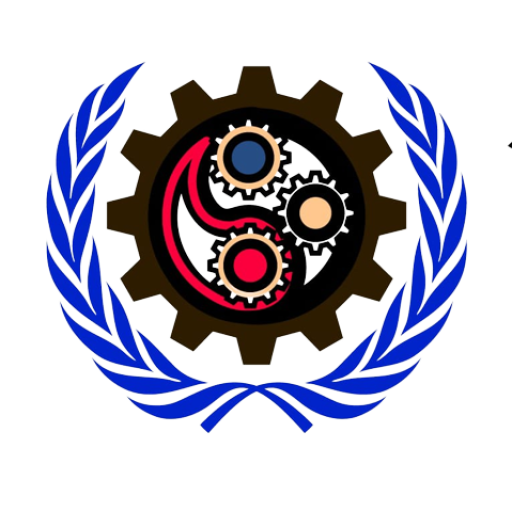Africa And The IMF: Address by Michel Camdessus.
Thank you for your invitation to address the Society for International Development. I am especially pleased to be here, knowing of your commitment to promoting international cooperation and deepening the dialogue on global development issues. Today, I would like to talk to you about one of the most important development issues of our time: the challenges facing Africa, and by extension, the challenges facing the IMF and, indeed, the rest of the international community in our efforts to assist these countries in becoming full participants in the international economy. The challenges facing Africa are no doubt many, but I would like to focus on three that, in my view, capture the essence of its adjustment task.
The first challenge is globalization. We talk a lot about it, and we in the International Monetary Fund have some first-hand experience with it. For instance, on January 31 of this year we had to put huge amounts of money on the table to avoid the financial collapse of Mexico and the spill-over effects that in a few hours or days could have forced many Latin American and other countries to resort to exchange controls and debt moratoria and could have caused a dramatic disruption in private capital flows to developing countries. That experience was a stark reminder that we are already operating in the global economy of the 21st century. Our experience also indicates, however, that thanks to larger capital inflows and higher investment, improved technology and expanding export markets, globalization offers considerable opportunities to accelerate economic progress throughout the world. At the same time, experience suggests that countries that are unable to adjust enough to integrate themselves into the mainstream of the global economy risk marginalization. In this respect, the challenge for African countries is the same as for every other country in the world: to pursue an adjustment strategy that enhances the prospects of benefiting from globalization, while avoiding the risks.
The second challenge concerns growth in Africa–because even if Africa is now doing better, economic progress is still much too slow to have a significant impact on poverty and to make credible headway toward sustainable growth. Indeed, since the early 1980s, sub-Saharan Africa as a whole has slipped farther behind the rest of the developing world in terms of average real GDP growth and per capita income, as well as in terms of its share of total capital inflows and world exports. Part of the explanation for this poor overall record is that, regrettably, there are a number of countries where civil strife, the breakdown of the rule of law, and other adverse political developments have had catastrophic economic effects.
The third challenge comes from the first-hand knowledge that there are African countries that have markedly improved their performance, allowing the region as a whole to achieve a recovery in real GDP that could reach 4-5 percent per annum in 1995-96. This is the challenge to do a better job–always a central concern in the IMF–a better job of assisting our member countries through a process of cross-fertilization of ideas and sharing of experiences on the requirements of sustainable growth and development, and of catalyzing international support for African countries’ own efforts.





